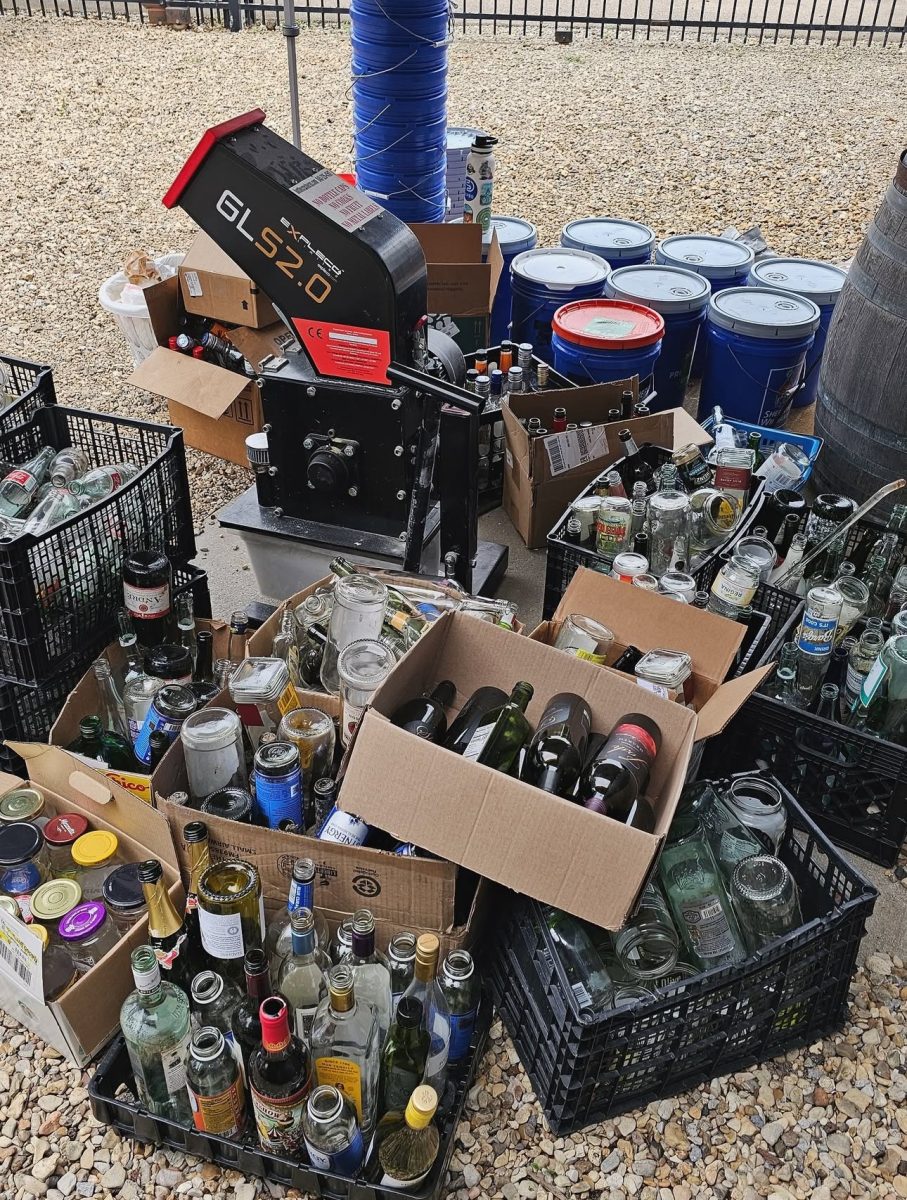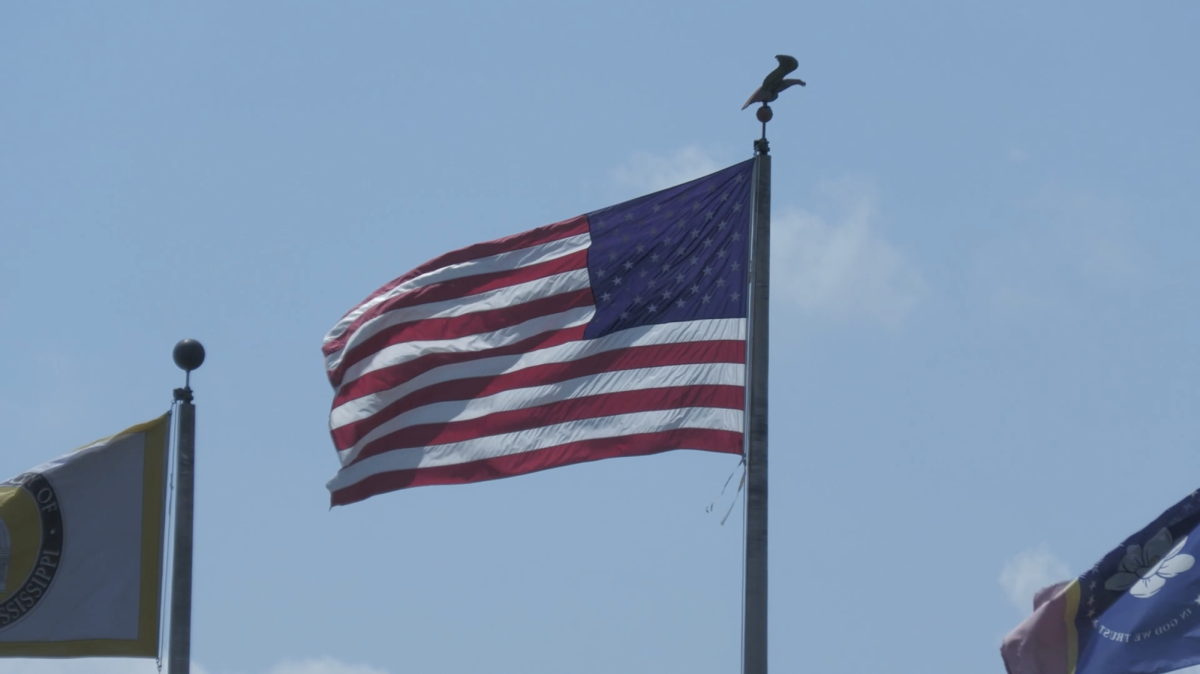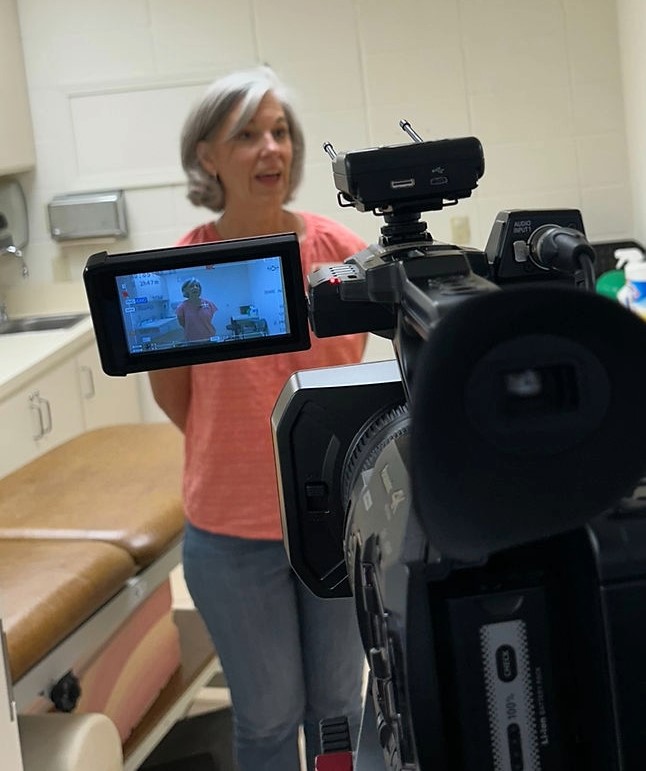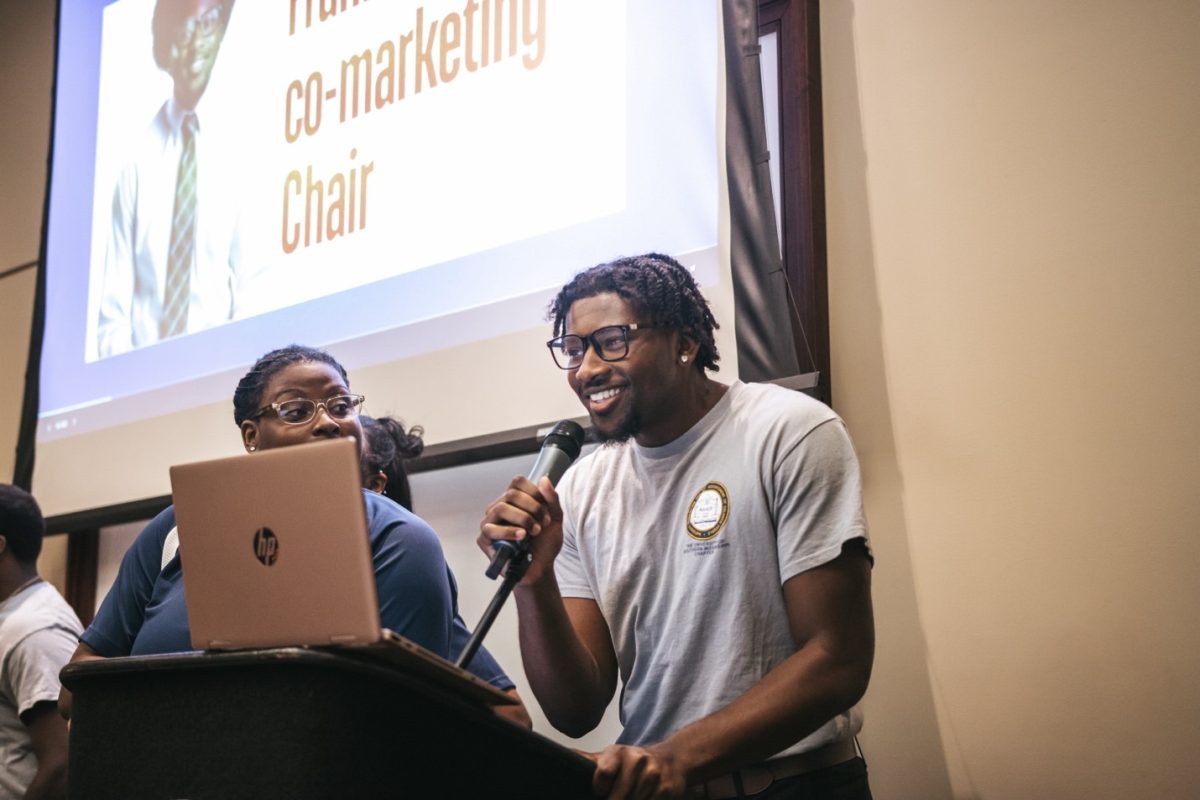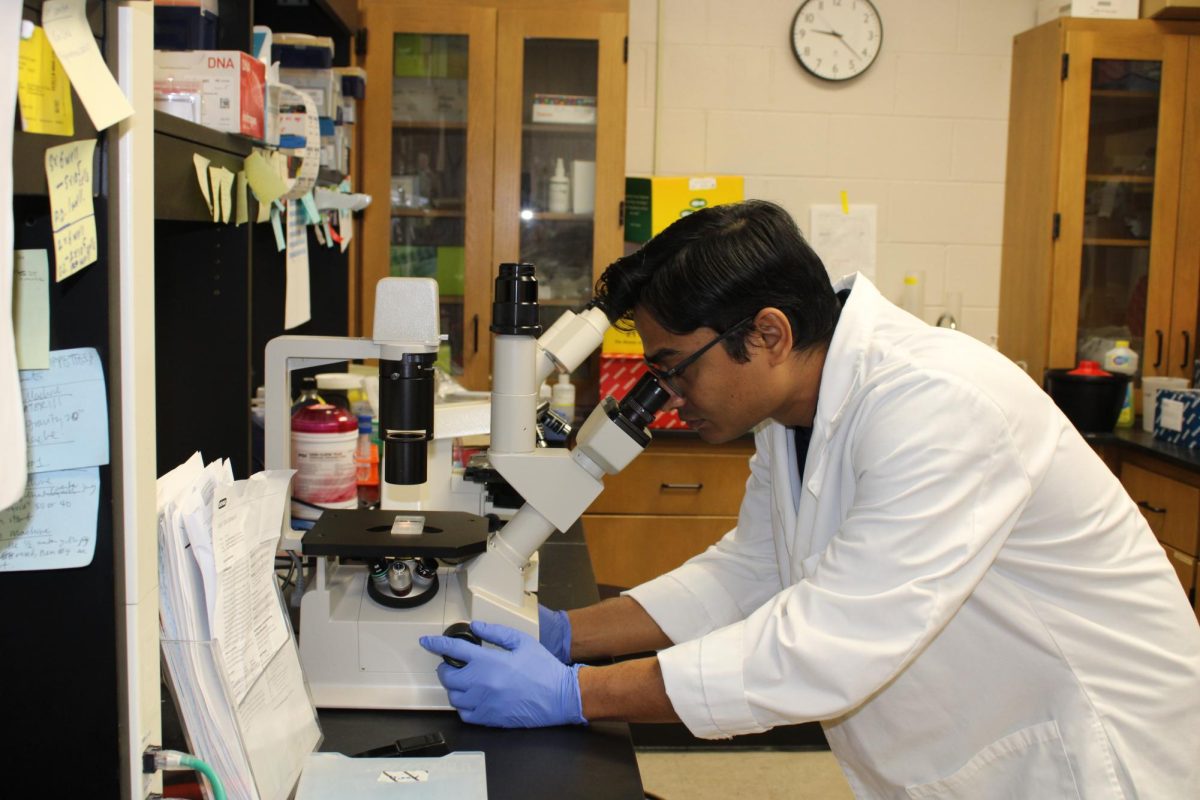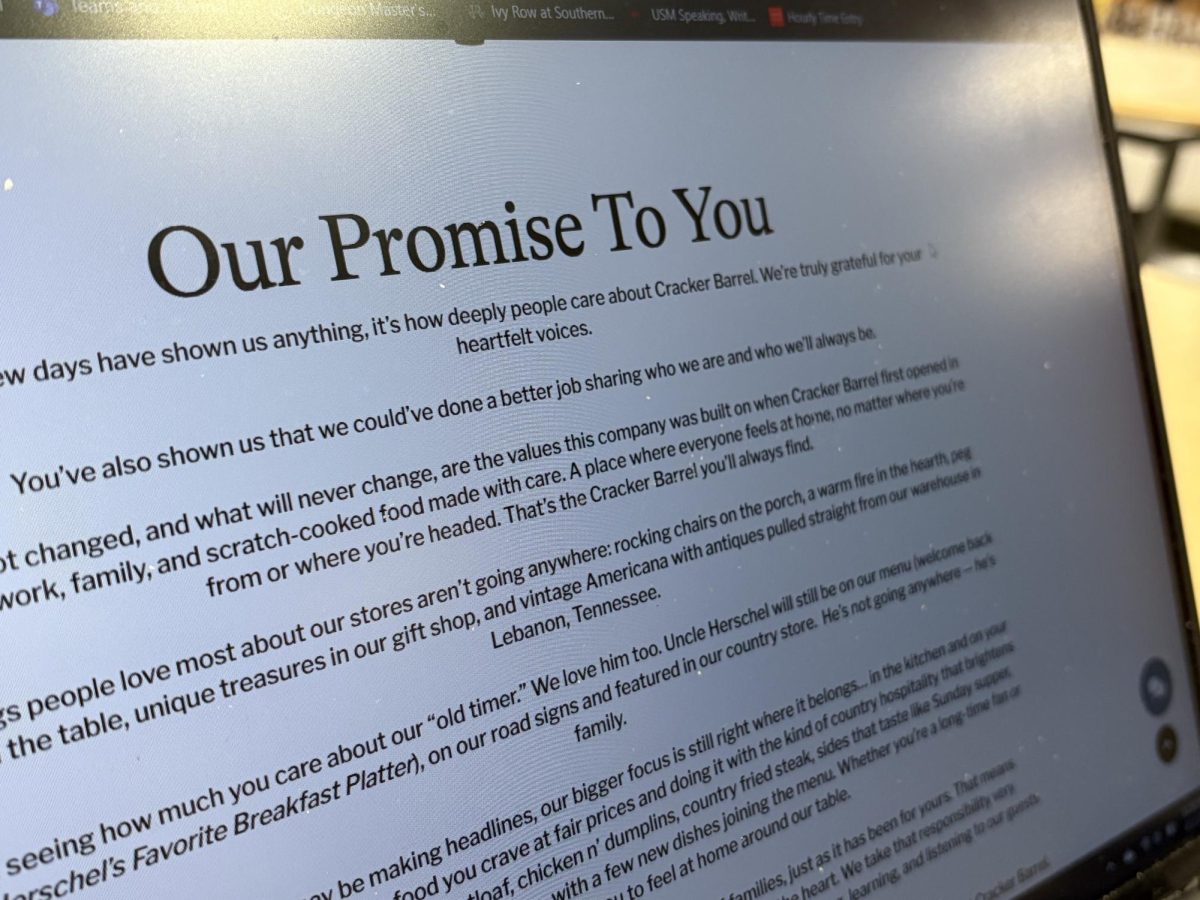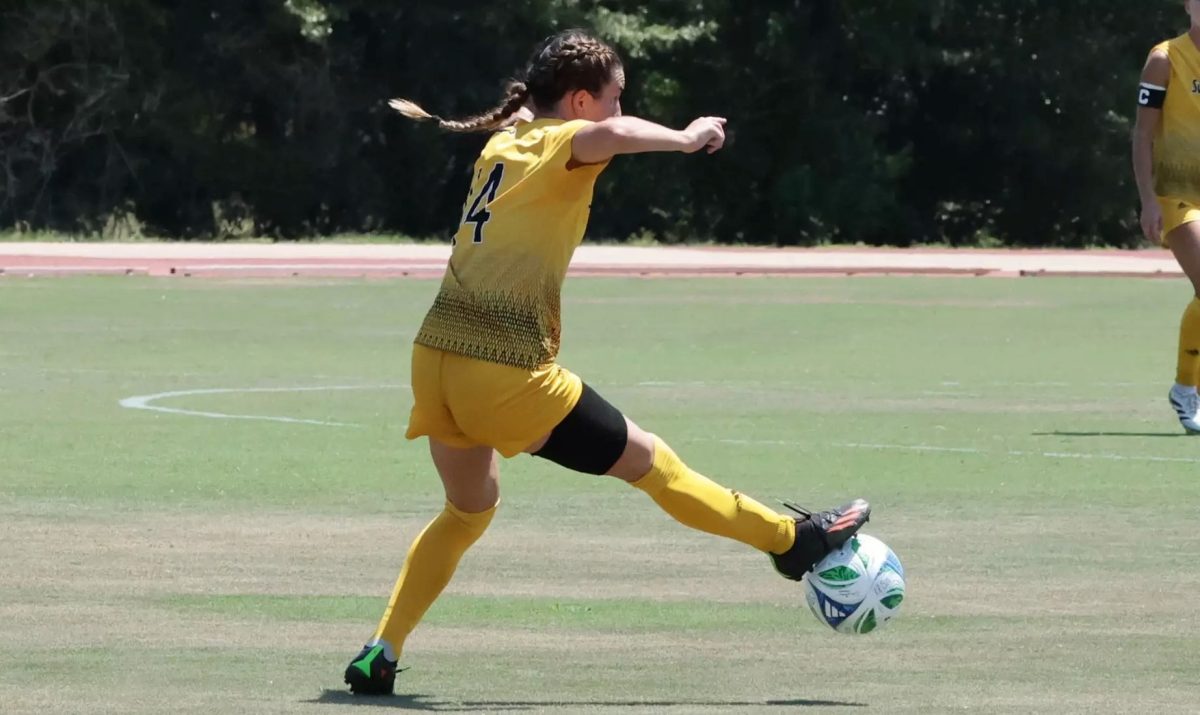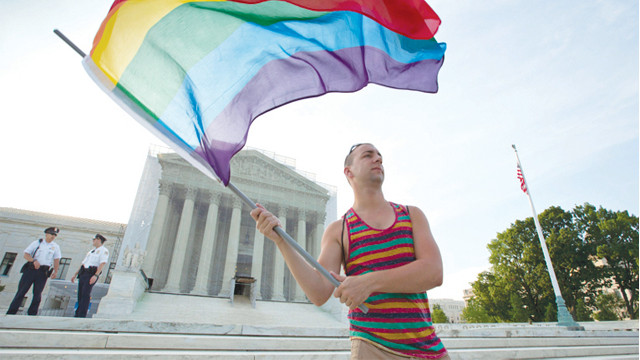Pressure to change his position mounts for Gov. Phil Bryant, who has expressed support of House Bill 1523.
Following its approval by the Senate March 30, the bill’s Senate amendment was concurred by the House April 1.
As its procedural review nears an end, members of the LGBTQ+ community now wait to see if Bryant will sign into law a bill that would effectively legalize discrimination against them under state law.
HB 1523 would allow various organizations and individuals, including state employees, to refuse access to goods, services, housing and adoption to the LGBTQ+ community based on three listed convictions: the belief that marriage should be limited to straight couples, that sexual relations should be reserved for marriage and that sexes are an immutable binary.
In regard to adoption, a preliminary injunction issued by U.S. District Judge Daniel Jordan on March 29 struck down a Mississippi law banning same- sex couples from adopting and fostering children. However, as addressed in HB 1523, parties may use their convictions to impede access to adoption.
Prior to the bill’s approval, the Senate passed an amendment during the Wednesday session that defines the bill’s process of legal discrimination by which a person would be allowed to ask the court for restraining order and then sue if it were violated.
Since the bill was introduced, the community of lesbian, gay, bisexual, transgender, queer/ questioning and others and its supporters advocated blocking HB 1523 to the Mississippi public and legislators.
Among these advocates is USM alumna and community organizer Anna Davis, who has helped facilitate social media and protest events against the bill. She said a Feb. 2 comment by Bryant urging graduating college students to stay in Mississippi framed these efforts.
“All of these actions were all organized by young college folks specifically to address this comment Gov. Bryant made about growing where your roots are,” Davis said. “This idea of trying to retain young folks in Mississippi is a bit foolish in the context of who is presenting it because we have legislation coming through that specifically creates an environment in which people can’t grow, can’t stay in the state.”
While discussing the framework of the bill, Davis borrowed a term used by Mississippi Episcopal Bishop Brian R. Seage, who calls the bill a “trojan horse.”
“HB 1523 is based on a particular sect of an idea of what Christianity is and what Christianity’s view of marriage is, so a blanket statement saying it’s based on religious values makes no sense whenever we think of the range of religious values that represent Mississippi,” Davis said.
“It’s a particular framework used to discriminate against people and wrangle power out of the hands of the actual public that legislators and other government officials are elected to serve.”
In session, State Representative Andy Gipson, who co-authored HB 1523, said the bill protects the rights of those with sincerely held convictions.
“This bill is just to protect against discrimination for people who have the belief that marriage is the union of a man and a woman,” he said.
In his position as executive director of OutServe-SLDN, advocate Matt Thorn closely follows the status of legislation like HB 1523 that affects the LGBTQ+ military community, to whom his organization provides legal services. Dismissing Gipson’s characterization of the bill, Thorn said HB 1523 resembles acts that have crept up in states like Indiana, Georgia, Virginia, Kansas and North Carolina to curb the Supreme Court’s 2015 marriage equality decision.
“I think that’s a thinly veiled masking of what the legislation is actually going to do,” Thorn said. “The sponsors know it, we know it. You might as well call it what it is. It’s totally anti-LGBT. That’s how it’s going to be used.”
Thorn said in states like Mississippi, legislation that allows for such legalized discrimination dishonors the LGBTQ+ service members based there.
“They don’t necessarily get to choose where they are going to go,” he said. “If they get stationed in [Mississippi], they could be severely impacted by this legislation. It’s a huge concern for us because they’re giving their lives in service to our country and the moment they step foot off base and try to go to a restaurant or something like that, they’re second class citizens.”
On USM’s Hattiesburg campus, sophomore psychology major Samantha Johnson said her goal as president of the USM Gay-Straight Alliance is to provide a safe space, spread awareness of LGBTQ+ and educate non-LGBTQ+ people at USM to help them become allies.
Johnson said if she could address Bryant and the state legislators, she would tell them Mississippians deserve better.
“Even if people don’t understand it completely, everyone deserves to be treated equally,” Johnson said.


